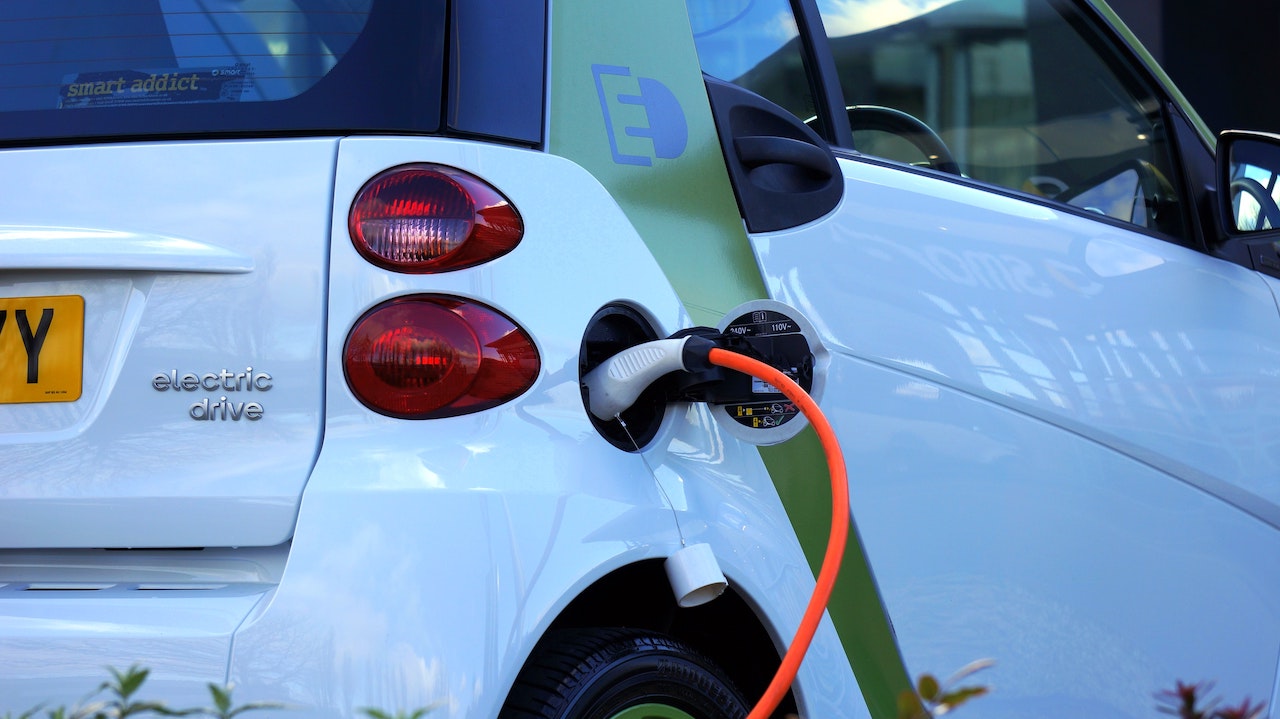Like most vehicles, electric vehicles (EVs) and hybrids tend to depreciate in value. However, some EV cars hold their value better than others.
In this post we’ll explore some of the factors that can affect an EV car’s value over time, to help you determine how your assets may appreciate or depreciate in the coming years.
If you’re a fleet manager considering switching to electric vehicles, then you might have concerns about the long-term value of your fleet. If you have any questions about the risks you might face as a fleet manager, call us on 020 8290 9099 or email commercial.motor@anthonyjones.com.
What is Depreciation?
Many assets drop in value over time. This drop in value is referred to as depreciation. Most cars lose a certain percentage of their value over time. Indeed, some cars depreciate in value almost at the point of sale: A second-hand car is almost always worth less than a brand-new car.
Certain things can cause cars to depreciate faster. For example, a car with a high mileage will be less valuable than a car with comparatively low mileage. A car’s condition can also affect its long-term value. Any vehicle involved in an accident is likely to depreciate more than a vehicle with a clean history.
EV cars are subject to the same market forces as petrol and diesel cars. This means that they do indeed depreciate. But do they depreciate at the same rate as other types of cars?
What is Residual Value?
A car’s value after a few years of depreciation is known as its residual value. A car that’s lost 40% of its value, for example, will have a residual value of 40%.
How Quickly Do EV Cars Depreciate?
Early electric cars were a niche product. And when they were first introduced, the UK didn’t really have any sort of charging structure. So the first electric cars to hit the market were unlikely to retain their value for long. They cost a lot up front, and there was almost no second-hand market to speak of. Yet in recent years, EV cars have retained larger residual values year-on-year than petrol and diesel cars.
This is likely due to a number of factors:
- Government pledges to ban the sale of new petrol and diesel cars have pushed up demand for EVs.
- Rising fuel prices and new congestion charges and clean air zones may have further increased this demand.
- The growing charging infrastructure may have addressed many peoples’ reservations about buying EVs.
The Fastest-Depreciating Electric Cars
However, as electric cars have grown in popularity and use, some have started to depreciate faster than others. They may still enjoy higher residual values than petrol and diesel cars. But the fact remains that many electric cars are falling in value.
The EV specialists at driving electric recently compiled a list of the 10 fastest-depreciating electric cars. Among the fastest-depreciating electric cars are the Renault ZOE, the Peugeot e-2008, and the Fiat 500Ce.
What Causes an Electric Car to Depreciate?
Many of the factors that can affect the value of a petrol or diesel car in the long-term also apply to EV cars:
- High mileage.
- Service history.
- Manufacturer (some brands, such as Tesla, tend to be more desirable than others).
- The quality of the interior and the exterior.
However, a major factor when determining the long-term value of electric cars is the battery. Like all things that run on lithium-ion batteries, electric cars may get less reliable and efficient over time as their batteries degrade.
Estimates to the lifespan of EV batteries range from 15 to 20 years. At the moment, most manufacturers offer dedicated battery warranties that last longer than the warranties that cover the rest of the car. But once a car’s out of warranty, the price of replacing the battery could get so high as to seriously affect the car’s second-hand value.
Does Your Fleet Electric Transition Strategy Account For Depreciation?
Experienced fleet managers are no doubt used to the idea that the assets that make up their fleets will depreciate over time. Most vehicles do. But if you’re considering a transition to an electric fleet, you may not have considered whether your investments will hold their value in the long-term.
If you’re a fleet manager considering switching to electric vehicles, we can help answer any of the questions you might have about the risks you’ll face when transitioning to EVs. For a friendly chat with our team of commercial motor experts, call us on 020 8290 9099 or email commercial.motor@anthonyjones.com.


